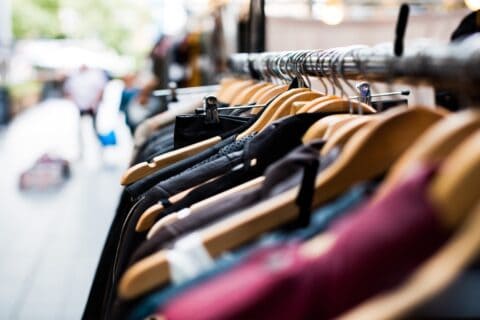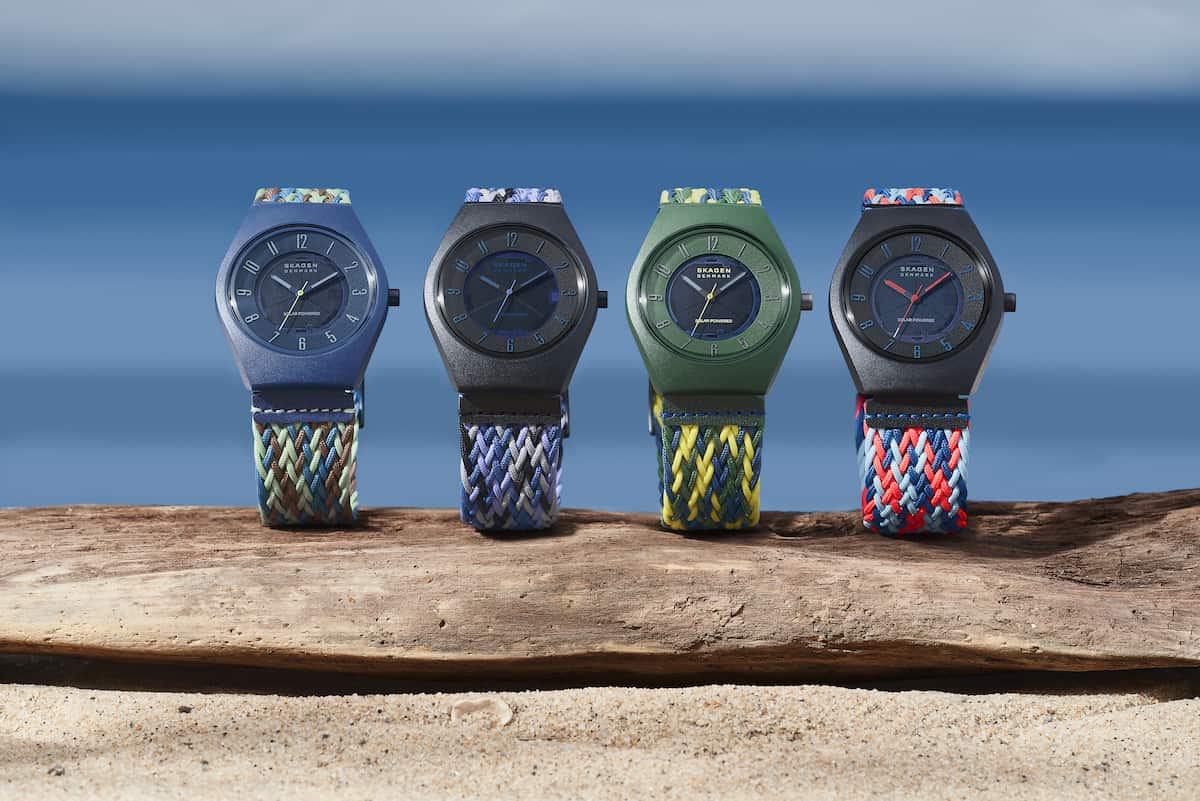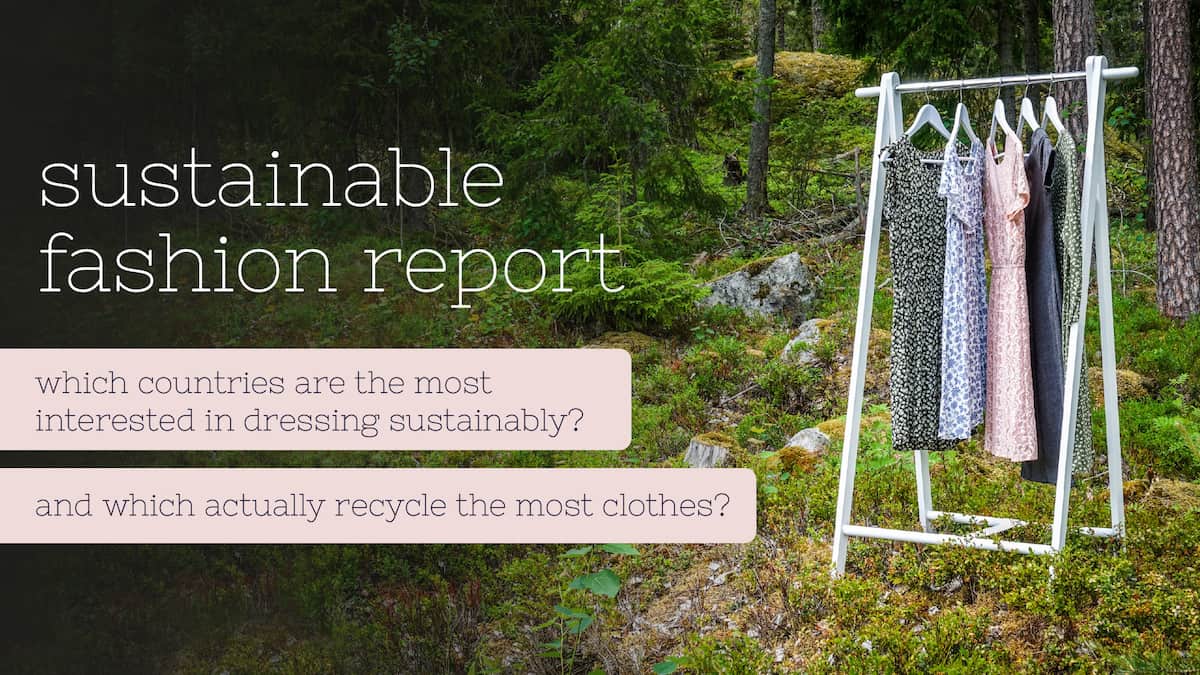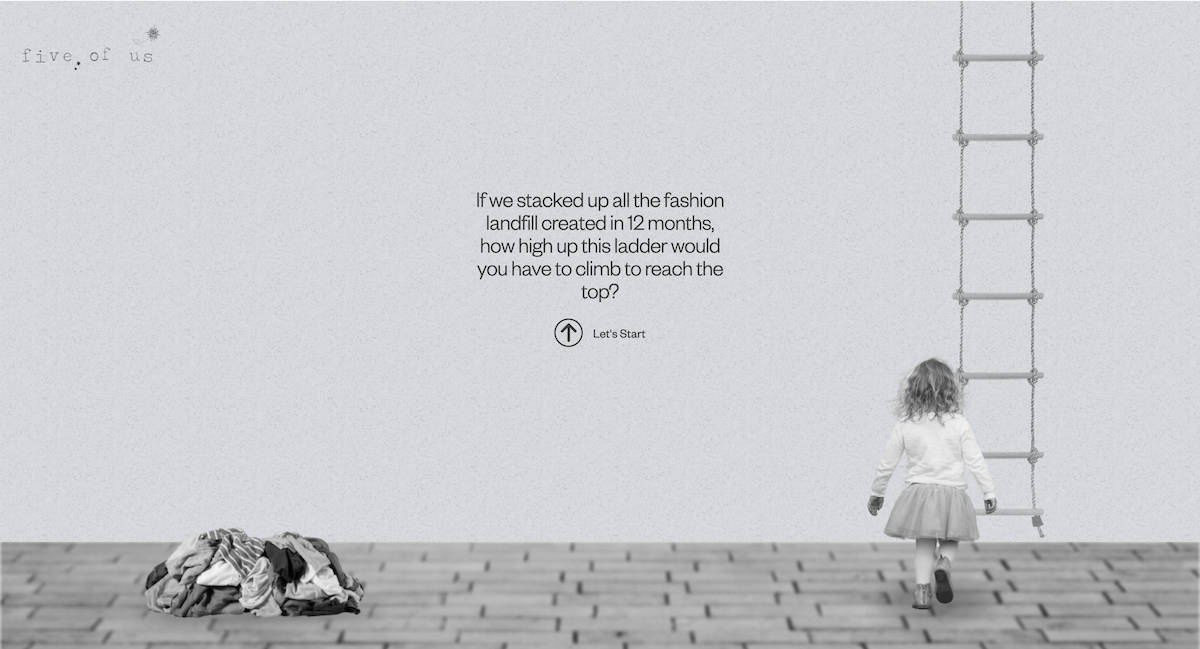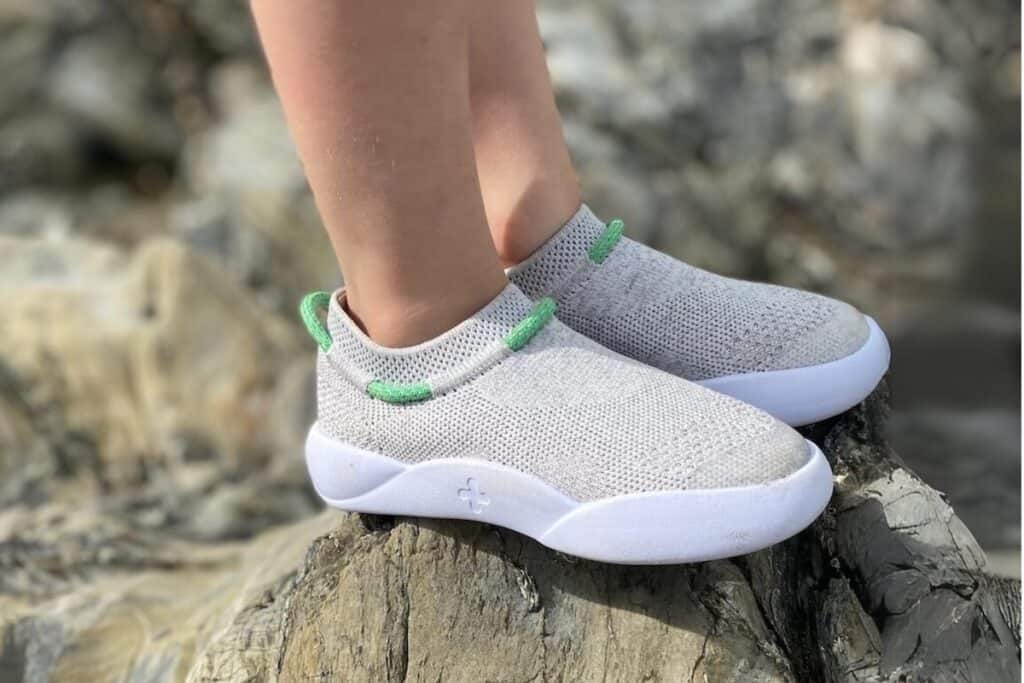
In this SustMeme Guest Post, Stuart Davis, CEO and co-founder of shoe brand Dubs, explains the many sustainability benefits for a start-up in fashion of incorporating a resale platform into their business.
SD: The fashion industry is undergoing a significant transformation, with sustainability becoming a central focus for both consumers and businesses.
In this shift, resale platforms have emerged as a powerful tool for start-up fashion brands looking to not only stand out but also cater to a growing market demand for eco-friendly practices.
The benefits of incorporating a resale platform into your business are numerous — ranging from enhancing brand credibility to unlocking new revenue streams.
But perhaps most importantly, resale opens the door to reaching a wider range of consumers and ensuring your brand thrives in an increasingly competitive landscape.
Mainstreaming: Shift in consumer behaviour
When we think of second-hand shopping, sites like Depop and Vinted immediately come to mind.
These platforms have revolutionised the resale market, making buying second-hand clothes more socially acceptable and even fashionable. The stigma that once surrounded pre-loved fashion is rapidly fading, and buying second-hand is now seen as a chic, eco-conscious choice.
In fact, the second-hand market is expected to grow by 127% in the next five years.
Outpacing trends in traditional retail, this boom is driven by younger consumers who are increasingly aware of the environmental impact of fast fashion.
According to ThredUp’s 2023 Resale Report, the second-hand apparel market is expected to be worth $82 billion by 2026, a significant increase from $36 billion in 2021.
This growth represents a massive opportunity for start-up fashion brands to tap into an established market while differentiating themselves with a resale platform that aligns with their sustainability goals.
Values: Sustainability as brand differentiator
For start-ups, sustainability isn’t just a trend — it’s a core value that can set a brand apart in a crowd.
Consumers are demanding more from the brands they support, and a resale platform is one way to demonstrate a commitment to circular fashion. Offering a second-hand option not only prolongs the life of your products but also promotes a more sustainable model that reduces waste and consumption.
Looking at my own brand, Dubs, we knew from the beginning that sustainability had to be at the heart of our business model. From the materials we use in our shoes to our approach to manufacturing, everything at Dubs is built with longevity in mind.
But we didn’t stop there. We recently launched our own resale platform, giving our customers the opportunity to buy, sell, or trade in their gently used Dubs.
While we are still small, and not yet as large as platforms like Vinted, we’re seeing firsthand the power of this model. As consumer behaviours evolve and sustainability becomes even more integral to purchasing decisions, we are poised to grow alongside these shifts, ready to scale as demand increases.
Growth: More customers, greater accessibility
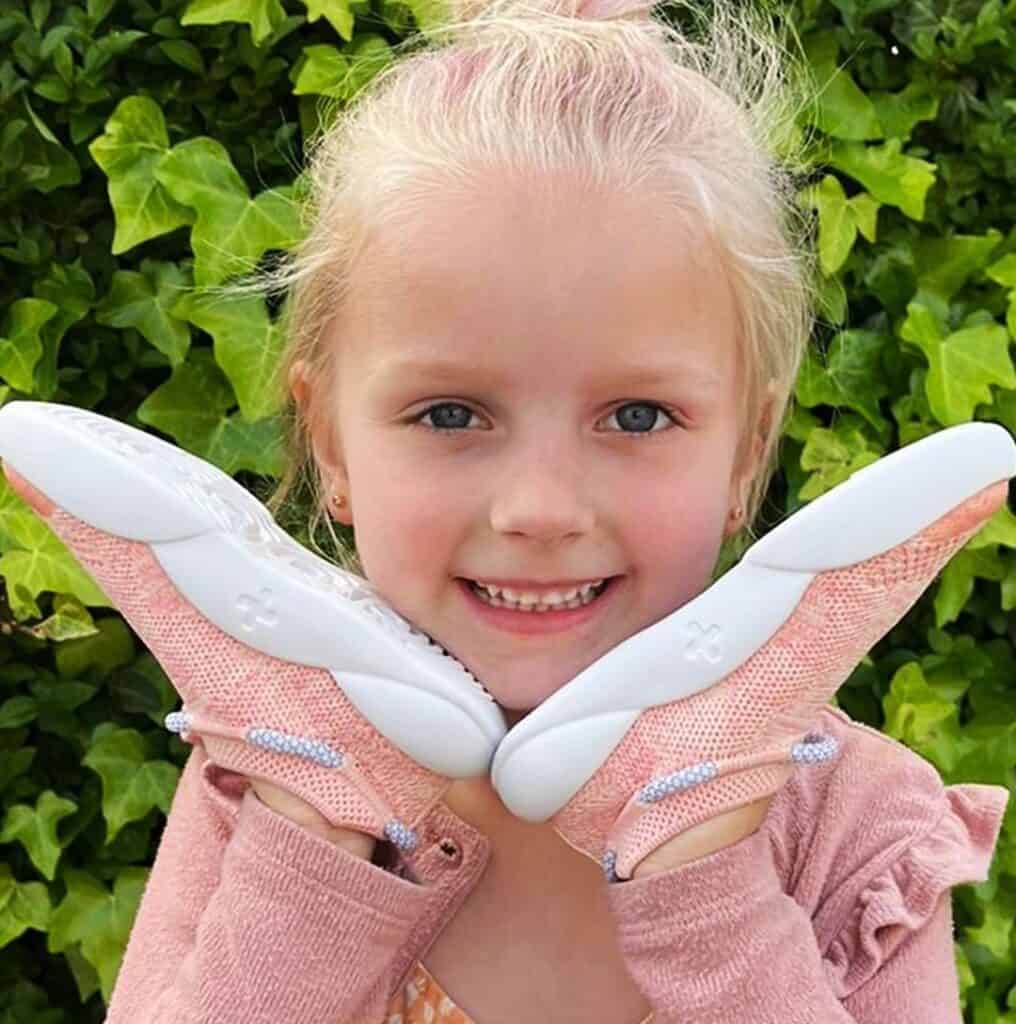
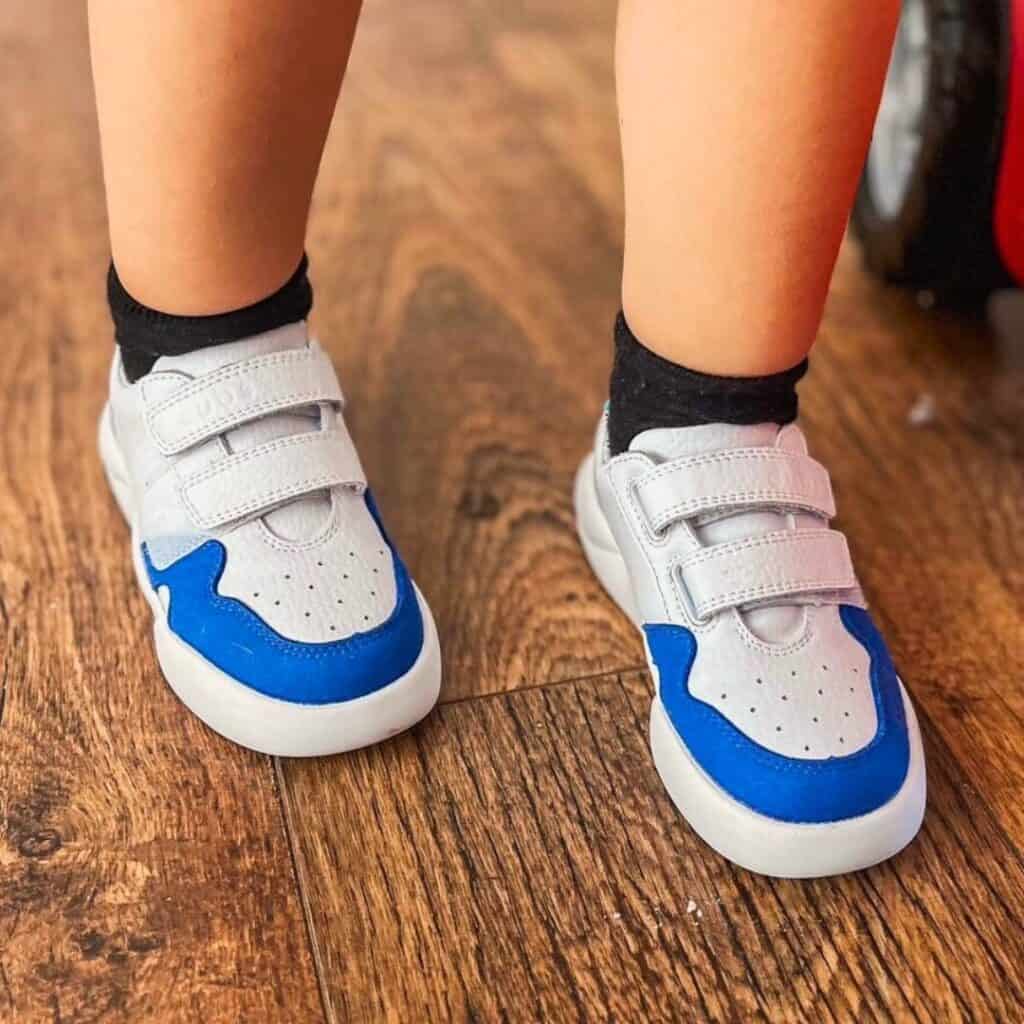
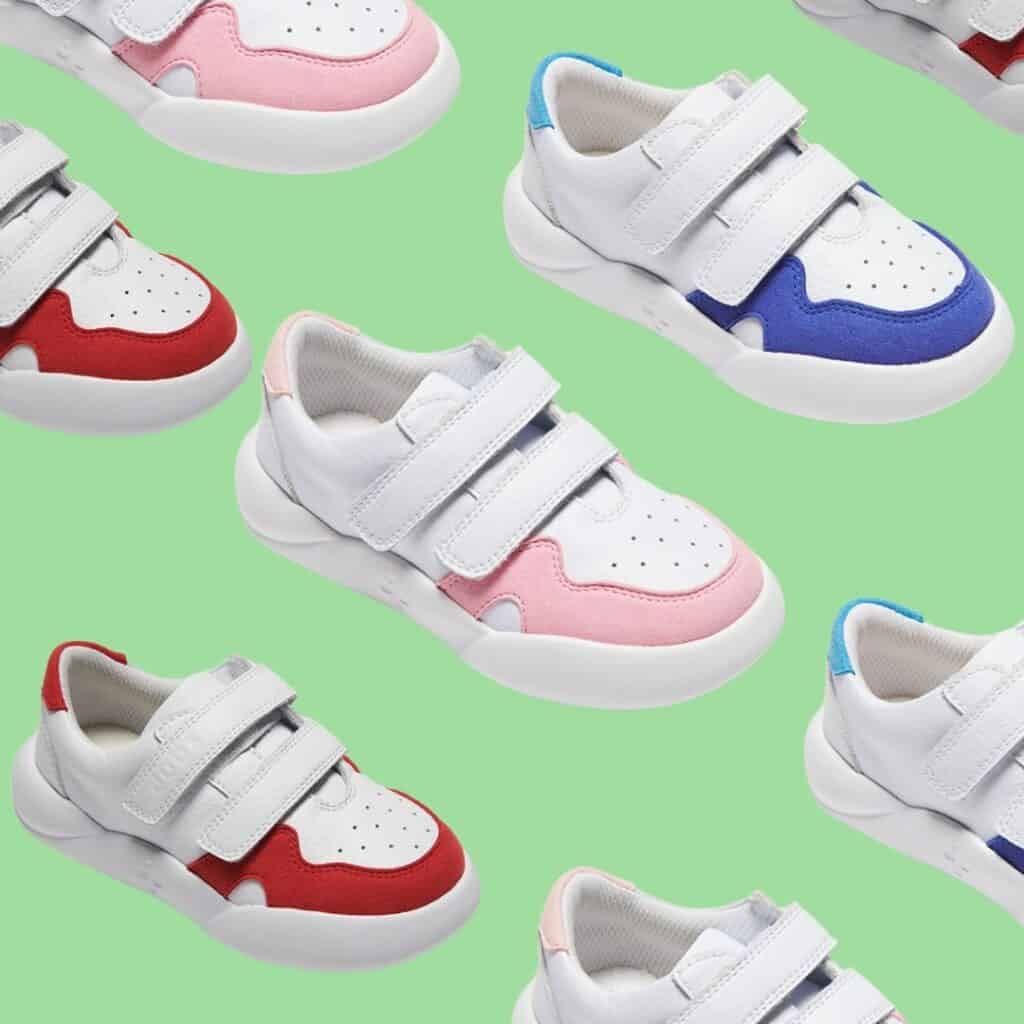
One of the biggest advantages of a resale platform is its ability to expand your customer base.
Many consumers may be interested in your products but find the price-point prohibitive. Resale offers an alternative entry point into your brand.
In the case of Dubs, we’ve found that our resale platform allows us to reach new customers who might not have been able to afford a new pair of shoes at full price but are eager to buy a gently used pair.
This lowers the barrier to entry while still promoting the value of your brand.
This is especially beneficial in a market where many families are feeling the squeeze of rising living costs. By offering a resale option, you’re not only doing something good for the environment but also creating more affordable access to your products.
Resale allows your customers to feel like they’re part of a community, where they can exchange or upgrade products as their children grow, without the need for a completely new purchase every time.
Financials: New revenue streams
Resale platforms don’t just benefit the environment and customers — they can also be smart for business.
Offering a resale option creates a new revenue stream. Even if your brand is small, you can still capture value from products that are already in circulation.
For Dubs, we offer store credits or discounts for shoes returned via our resale platform, which incentivises customers to engage with the brand again, whether buying a second pair of shoes or sharing with a friend.
According to research by the Resale Report, brands that offer resale options can see up to a 30% increase in repeat customer purchases. This not only boosts the bottom line but also strengthens customer loyalty, turning one-time buyers into brand advocates.
Stewardship: Building community and advocacy
The resale model also encourages deeper customer engagement.
When customers participate in resale, they become more invested in the brand’s mission and longevity. With resale, the conversation shifts from simply ‘buying’ to ‘caring for and passing on’ an item. This sense of stewardship can create strong emotional connections between the customer and the brand.
At Dubs, we’ve seen how our resale platform has sparked conversations among parents about sustainability, sharing stories of how their kids wore Dubs through every adventure, and then passing them on for the next little legend to enjoy. These shared experiences not only build brand loyalty but also promote a deeper connection to the values that the brand represents.
Action: Future of fashion is circular
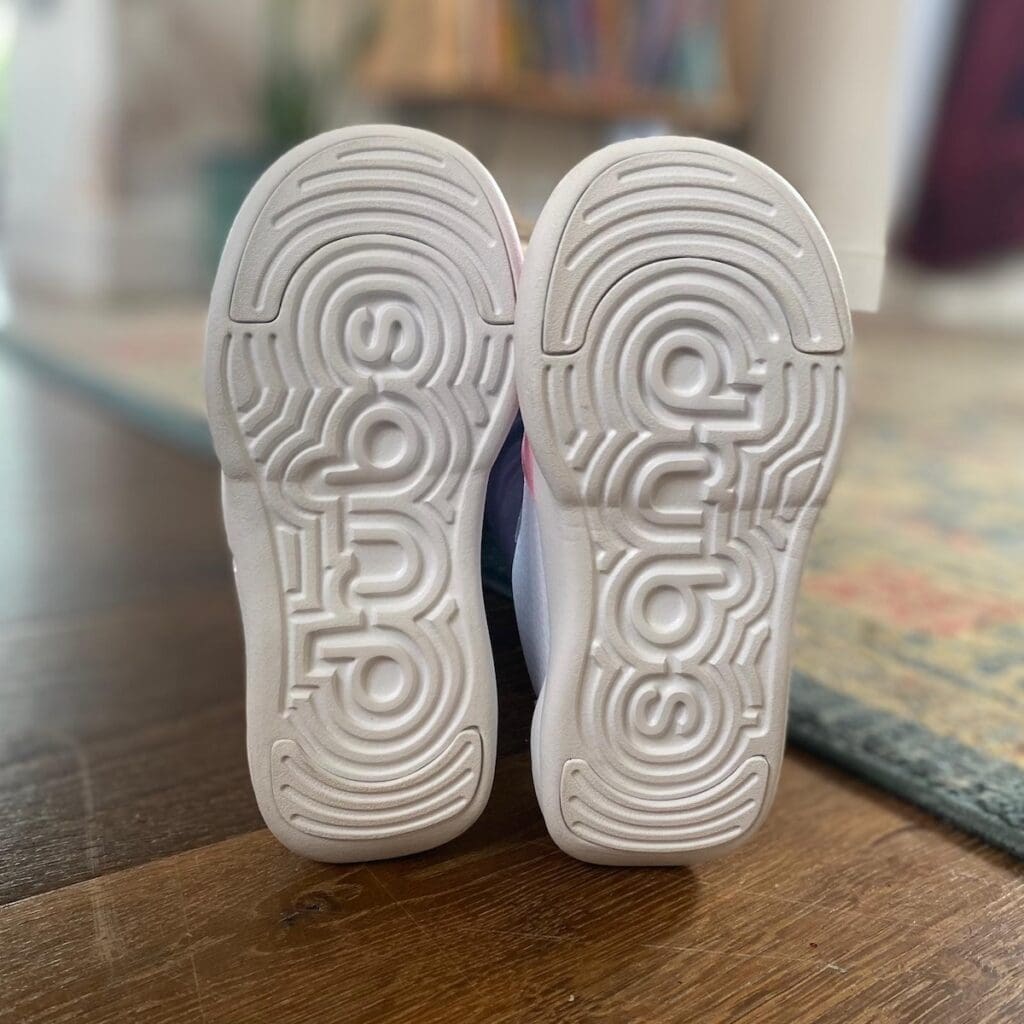
The resale market is growing rapidly, and for start-up fashion businesses, it represents a significant opportunity to align with changing consumer values, expand accessibility, and boost revenue.
By incorporating a resale platform into your business, you can create a circular business model that promotes sustainability, builds loyalty, and attracts new customers.
As brands like Depop and Vinted have shown, second-hand shopping is not just for bargain hunters anymore—it’s for anyone who wants to make a positive impact while still enjoying high-quality, stylish products.
For Dubs, launching our own resale platform was a step toward long-term success.
It’s about preparing for the future, where sustainability is not just an option, but a necessity.
As consumer behaviours continue to evolve, we’re ready to grow with them, offering a more sustainable and accessible way to enjoy our products. By doing so, we hope to inspire more fashion start-ups to embrace resale as a key pillar of their business model.
The future of fashion is circular; and the time to act is now.

Stuart Davis is the CEO and co-founder of Dubs — an award-winning, sustainable, tech-enabled shoe brand for kids. Both chic and circular, the footwear is designed with consideration for its end-of-life cycle. As a business, Dubs is committed to tackling real-world problems such as the six million shoes that end up in landfills each week in Britain alone. A creative leader and sustainability game-changer, Stuart is recognised by the British Footwear Association in their Footwear50 for driving positive change in the industry.
Further Reading:
- More about the Dubs shoe brand;
- More about ThredUp’s 2023 Resale Report;
- Also on SustMeme, Fibre reuse from old garments in circular workwear;
- Also on SustMeme, Counting carbon savings of shopping second-hand;
- Also on SustMeme, Plastic waste gets Recycled for Radness into eco snow gear;
- Also on SustMeme, Fashion waste landfill piled high as the moon;
- Also on SustMeme, Cruelty-free vegan sneaker uses cactus, not cows;
- Also on SustMeme, Which countries are best for sustainable fashion?
You can check out the full archive of past Guest Blog posts here.
Would you like to Guest Blog for SustMeme? For more info, click here.
SUSTMEME: Get the Susty Story Straight!


